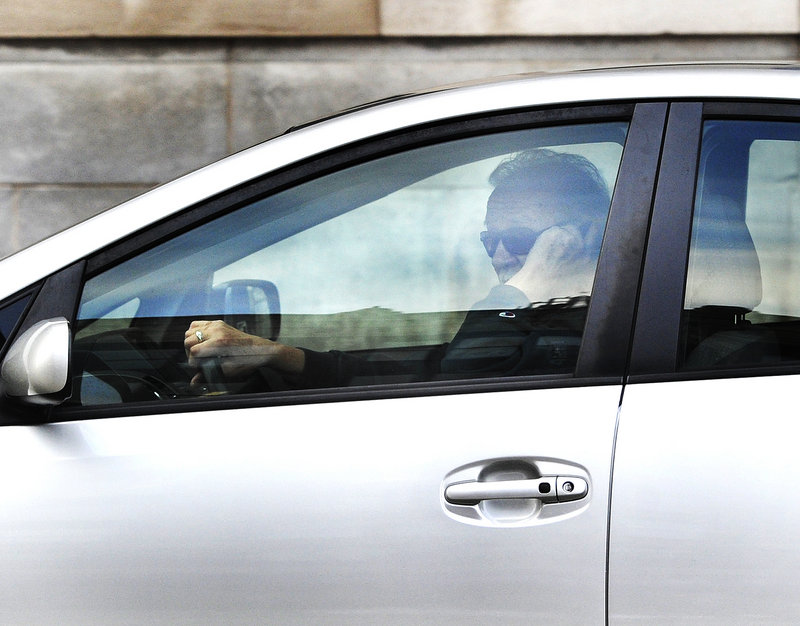AUGUSTA — Maine’s Legislature is poised to become the first in the nation to enact a law requiring police to obtain warrants to get the location history for people’s cellphones.
The House voted 113-28 on Wednesday to pass the measure, following its passage in the Senate last week by a margin of five votes. The bill now goes back to the Senate for enactment.
Supporters in the House included some of the Legislature’s most liberal Democrats, such as Matt Moonen of Portland’s West End, and its most conservative Republicans, such as Rep. Aaron Libby of Waterboro.
The bill, L.D. 415, sponsored by Assistant Senate Minority Leader Roger Katz, R-Augusta, would require police to get warrants to access location information from cellphones or other GPS-enabled devices, barring emergencies such as threats of bodily harm.
It also would require police to tell people within three days that they have obtained information about them from their cellphone providers.
It would delay the notice requirement for 180 days at a time when notice would have an “adverse result” on an investigation.
The bill is a priority for civil libertarians, but it was rejected by the Legislature’s Judiciary Committee amid concerns from the Attorney General’s Office that it could dissuade police from using location information as an investigative tool.
Rep. Charles Priest, D-Brunswick, co-chair of the committee, said during the House debate that the bill would make it more difficult for police to solve crimes.
He noted that police now get court orders to get location data, and must show they have “reasonable suspicion” that someone was involved in a crime.
To obtain warrants, police must meet the higher standard of having “probable cause.” Priest said that when police begin an investigation, they often don’t have enough information to meet that standard.
Police use location history data primarily to rule out suspects, he said, so requiring police to get warrants would “leave innocent people in limbo.”
Supporters of the bill said the Constitution protects people from government intrusion and the bill’s impact on police work would be irrelevant.
“The Fourth Amendment demands the government respect your privacy,” said Craig Hickman, D-Winthrop.
Police get location data from cellphone companies, which can track the data from their customers’ phones even when the customers turn off the “location services” feature on their phones, said Rep. Mark Dion, D-Portland, a former Cumberland County sheriff.
He said most people have no idea that their cellphone companies keep the data.
“It’s something the cellphone company takes away from customers without their knowledge,” said Dion, who supported the bill.
The House’s “historic vote” shows that Mainers care about their privacy and want to bring Maine law up to speed with advancing technology, said Shenna Bellows, executive director of the American Civil Liberties Union of Maine.
Tom Bell can be contacted at 274-0787 or at:
tbell@pressherald.com
Twitter:TomBellPortland
Send questions/comments to the editors.


